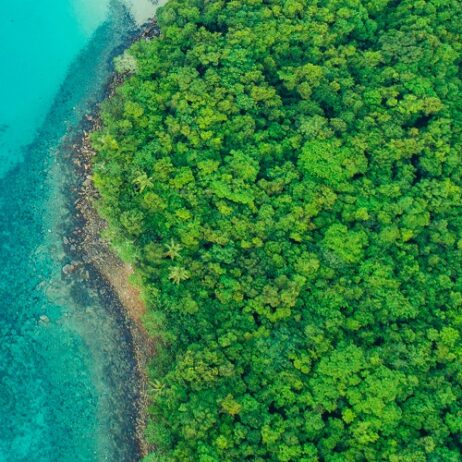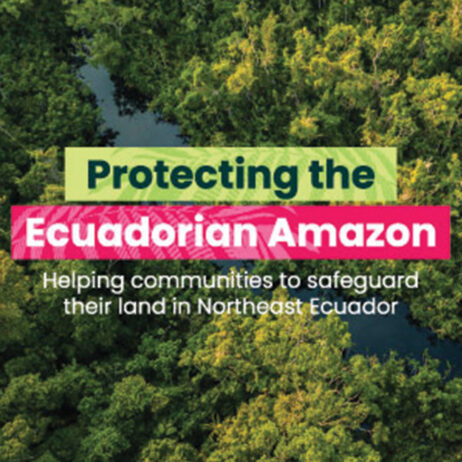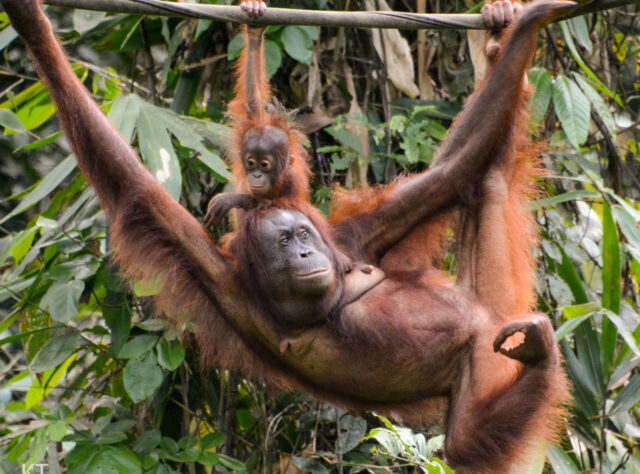
Orangutans in Sabah, Borneo. Credit: Carine06/Flickr (CC BY-SA 2.0)
As the year winds to an end and those of us in the Northern Hemisphere welcome in the winter, we reflect on the year gone by. Here we offer a roundup of five positive news stories from WLT partners in 2023 to provide hope and inspiration from those already working on the ground to help nature flourish.
Restoring the home of orangutan
The end of 2023 is set to mark the end of a restoration project to turn an oil palm plantation in Borneo back to forest habitat. The Genting Wildlife Corridor reforestation project began back in January 2019 and covers an area of 44.5 hectares. Incredibly, 70,000 trees were planted in this project which was led by an all women team. It was supported by WLT and other co-funders. Oil palm produces fruits used in the production of palm oil, a very common ingredient in shop-bought biscuits and cakes, as well as a whole host of cleaning products like soap and shampoo. This news from WLT partner HUTAN shows how, when meaningful action is taken, it is possible for the effects of extractive industries to be repaired and for ecosystems to recover.
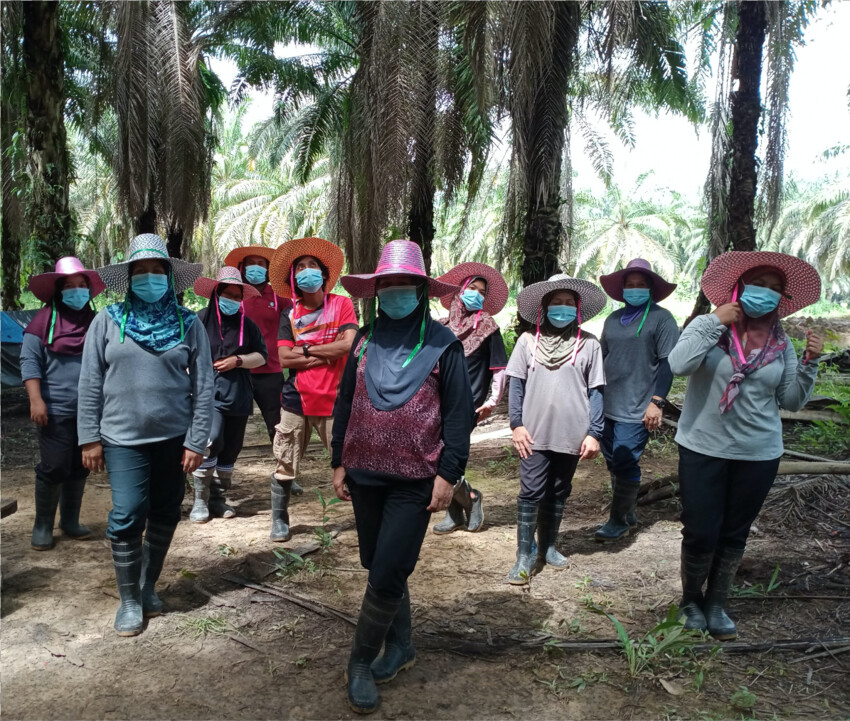
Women in Borneo standing in oil palm plantation during reforestation project activities. Credit: HUTAN
A sweet success
This year, our Ugandan partner Kara Tunga Foundation started an impressive beekeeping initiative to help people set up apiaries (a place where beehives are kept) and make a living from honey. In September, training was taken by 56 local people who collect honey from beekeepers across several local communities. They then process the honey and sell it at their new collaboratively run honey shop in Moroto. Around 103 small-scale farmers were also helped to strengthen their beekeeping skills. Bees are known for protecting farms from crop raids from wildlife and beekeeping is an accessible activity as equipment and tools for it can be made locally.
This initiative seeks to diversify people’s livelihoods which, crucially, promote nature conservation, particularly for trees. Reflecting on this innovative project, Kara Tunga said: “we firmly believe that the bee and the tree are inseparable. Without the bee, there is no tree, and without the tree, there is no life. That’s why we’re dedicated to involving local communities in every aspect of conservation. These farmers are the guardians of our trees, the catalysts for thriving ecosystems, and the very reason the bees continue to thrive.”
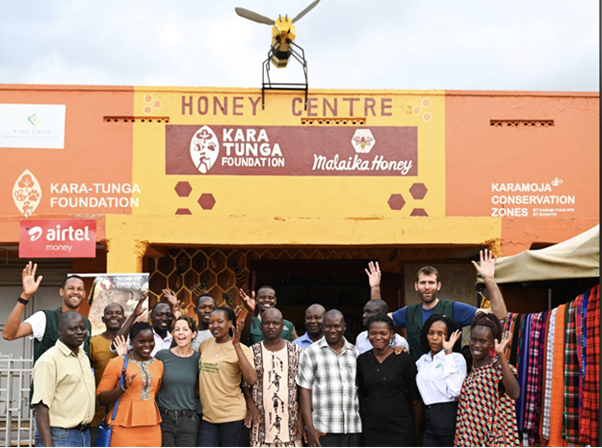
The opening of the honey store in Moroto, Uganda in 2023 in a partnership between Kara Tunga Foundation and Malaika Honey. Credit: Kara Tunga Foundation
The snakes that eat snails
Five species of tree snakes – newly recorded by science – have been found in the forests of Ecuador, Colombia and Panama. This includes a snail-eating snake in the WLT-funded, Maycú Nature Reserve where WLT partner Nature and Culture Ecuador work. Nature and Culture International were involved in the naming of this newly recorded species and chose the common name Welborn’s Snail-eating Snake (Dipsas welborni) after David Welborn, former board member of the organization Nature and Culture International. The unique lifestyle of these snakes mean they are particularly vulnerable to the effects of gold and copper mining happening around Maycú Reserve. Living in trees, they cannot survive in areas devoid of vegetation – which is what happens when open pit mines are created. Additionally, as their name suggests, they feed exclusively on slugs and snails which are mostly found along streams and rivers. These are thought to be in decline to the water pollution associated with mining. It has never been more urgent to support NCE’s work to offer safe habitat for the Welborn’s Snail-eating Snake.
This year, Ecuador carried out referendums on mining and oil extraction. Positively, the results saw the Ecuadorian people vote to ban oil drilling in the Yasuní National Park in the Amazon rainforest, and to block gold mining in the Chocó Andino, a sensitive highland biosphere near Ecuador’s capital city. This is a massive step towards defending nature, life and the rights of the local Indigenous peoples in the region.
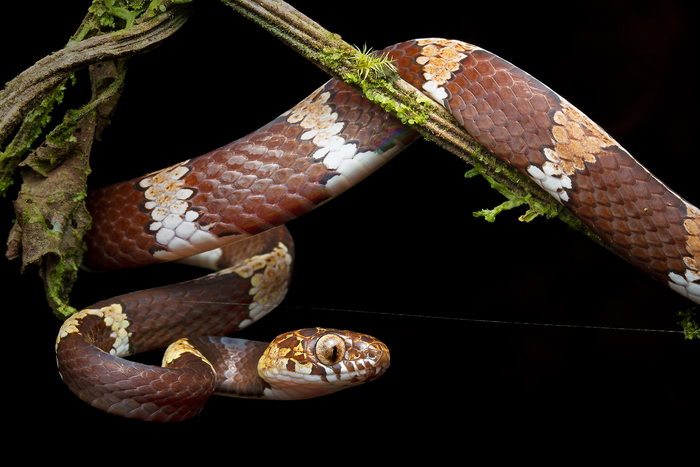
A stunning image of the newly recorded Dipsas welborni snake. Credit: Alejandro Arteaga (CC-BY)
Collaboration offers hope for Colombia’s birds
In an unprecedented win for biodiversity conservation in Colombia, a memorandum of understanding (MOU) was signed earlier this year between WLT partner ProAves and Environmental Agencies across Colombia. “With a stroke of a pen, 27 reserves in the most important conservation sites for birds in Colombia will be incorporated into the Regional System of Protected Areas”, said Fabio Arjona, the Director of Conservation International which is one NGO involved in the landmark MOU. This allows Environmental Agencies not only to contribute to achieving their protected area goals but also safeguards them from threats.
We also saw good news for Colombia’s birds in May this year. Global Big Day – an annual celebration of birds around the world – saw Colombia achieving first place for bird sightings, with 1,532 bird species recorded. Among the highest-ranking sites for bird counts, ProAves looks after three of them. Sara Inés Lara, Executive Director of ProAves, stated that: “this is an important achievement for biodiversity conservation in Colombia, especially for the endangered species that inhabit ProAves’ Reserves. Through this joint effort, we will achieve our dream of ensuring the perpetual protection of the Reserves and the conservation of our country’s biodiversity.”
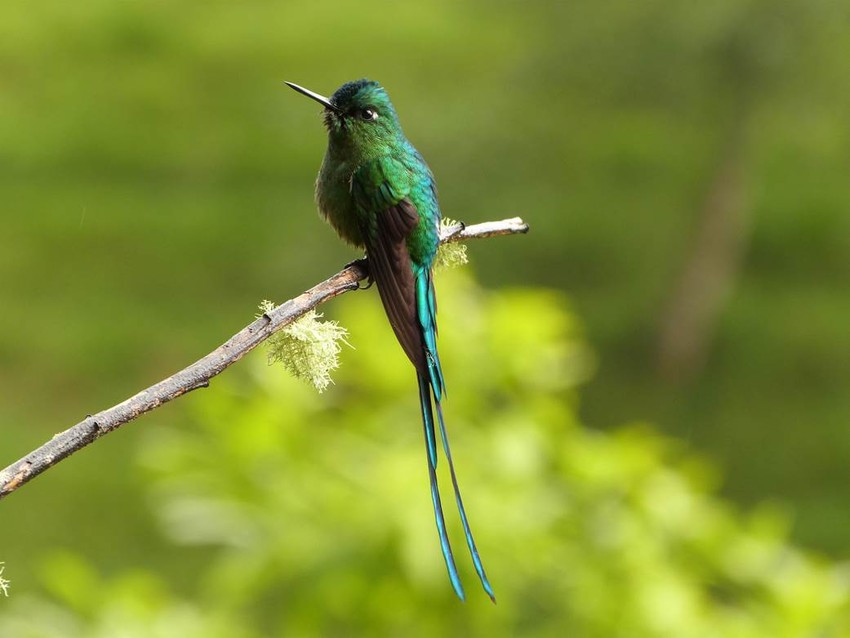
The Long-tailed Sylph (Aglaiocercus kingii) is a species of hummingbird which is just one of over a thousand bird species in Colombia. Credit: Susanne Cohen Wildlife Photography
Recognition for an “unsung conservation hero”
We are proud to share that, in 2023, the Deputy Regional Director of WLT partner Provita José Manuel Briceño Linares was awarded this year’s National Geographic/ Buffett Awards for Leadership in Conservation. This award was established to recognise and celebrate “unsung conservation heroes”. Each year, two awards are given to honour achievement in Africa and Latin America. The award reflects the leadership shown by José, whose “vision, actions, contributions, and spirit of collaboration make them some of the finest examples of planetary stewardship today”, said Jill Tiefenthaler, CEO of the National Geographic Society. José works as the Coordinator of the Yellow-shouldered Parrot Amazon Conservation Program and has helped form a group of rangers called Ecoguardians – many of whom are former poachers. Their work helps recover the wild population on the Macanao Peninsula on Venezuela’s Margarita Island. José has also worked with landowners and mining companies on ecological restoration projects to restore depleted mining sites by planting a wide variety of native dry forest trees.
In response to receiving the award, José made a powerful statement from which we can all find optimism to carry us through into 2024. “Conservation is a human act. By acting locally but thinking globally, we can achieve amazing results… For me, the flourishing of the Yellow-shouldered Parrot is a wonderful conservation success story, as well as an example of how individuals can—indeed—play a major role in protecting the planet.”
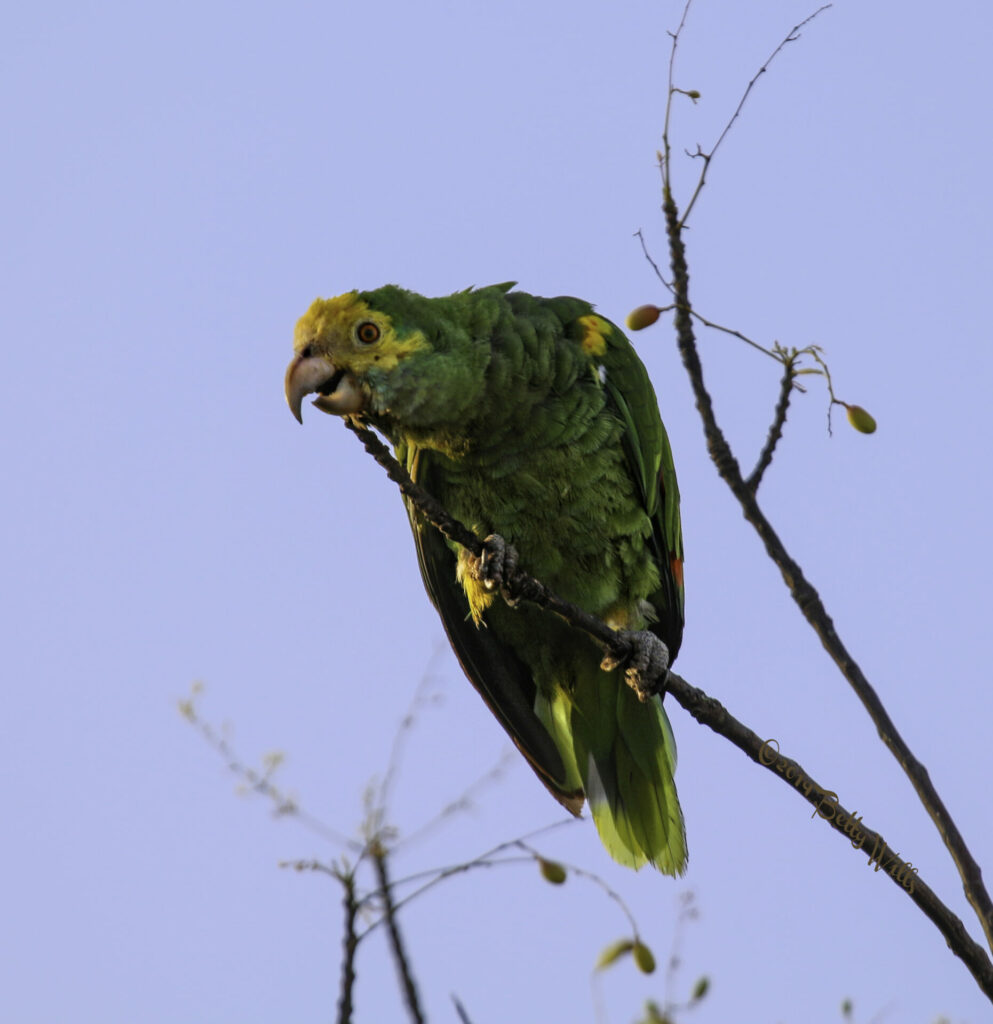
The Yellow-shouldered Parrot (Amazona barbadensis), recognised by the IUCN as Vulnerable, is the focus of much of Provita’s work on Margarita Island. Credit: Betty Wills (Atsme)/Wikimedia commons (CC BY-SA 4.0)
Helping those taking action
WLT partners are at the frontlines of ecological and climate crises. Their lives are committed to supporting, restoring, and caring for land, ecosystems, and local communities. On a daily basis, our partners have made nature conservation their life’s work to the benefit of all of humanity. As the climate crisis has shown, what happens to nature in one place inevitably affects us all. Whilst the governments of rich nations still fail to adequately support countries most vulnerable to the climate and ecological crises, it is ever more vital that organisations like WLT continue to help those doing the essential conservation work in some of the world’s most ecologically threatened places. As Catherine Barnard, WLT’s CEO, has said: “By coming together as a partnership of citizens and organisations around the world we can replicate and scale up the work that we already do, that we know works. Individually, we are small in comparison to nations, but our networks are vast.”
Donate today to help organisations working on the ground protect land, biodiversity, and natural heritage across our planet.

